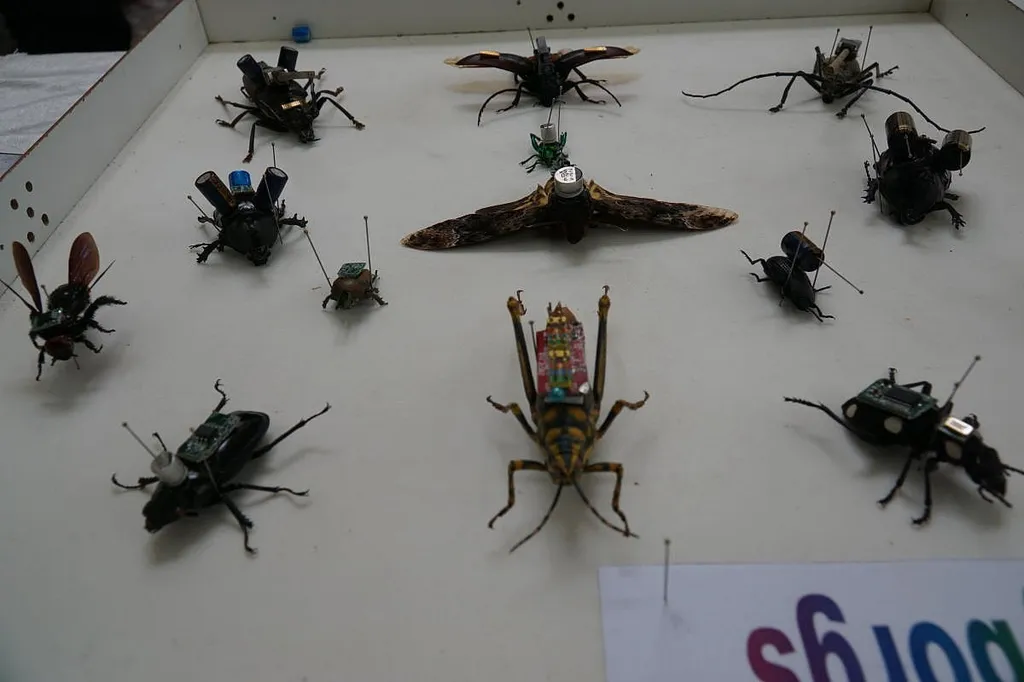In a world where agricultural productivity hinges on the delicate balance of ecosystems, beneficial insects are the unsung heroes. Yet, these vital pollinators, pest predators, and decomposers are facing unprecedented threats. A comprehensive review published in the *International Journal of Bio-Resource and Stress Management* sheds light on the alarming decline of key species such as honeybees, monarch butterflies, ladybugs, and rusty patched bumblebees. The research, led by K. S. Nikhil Reddy from the Dept. of Entomology at Keladi Shivappa Nayaka University of Agricultural and Horticultural Sciences in Karnataka, India, underscores the urgent need for conservation strategies to safeguard these species and, by extension, global food security.
The decline of beneficial insects is a multifaceted issue, driven by habitat loss, pesticide use, climate change, and invasive species. Honeybees, crucial for pollinating a third of the world’s crops, are suffering from diseases and pesticide exposure. Monarch butterflies, iconic pollinators, face challenges from habitat destruction and shifting climates. Ladybugs and lacewings, natural pest controllers, are in decline due to similar pressures, while rusty patched bumblebees are nearing extinction. The implications for agriculture are profound, as these insects play pivotal roles in maintaining biodiversity, crop yields, and ecological balance.
“Addressing these declines is not just about preserving species; it’s about ensuring the resilience of our agricultural systems,” Reddy emphasizes. The review highlights current conservation strategies, including habitat preservation through protected areas, habitat management and restoration, and improved pesticide management. It also stresses the need to integrate climate change mitigation, public awareness, and education into these efforts.
Emerging technologies, such as Geographic Information Systems (GIS), offer new opportunities for habitat modeling and pest management. Strengthening policies can better address environmental stressors, and effective conservation requires a comprehensive approach that combines scientific advances with robust policies and community engagement.
The commercial impacts for the agriculture sector are significant. Beneficial insects contribute to higher crop yields and reduce the need for chemical pesticides, leading to more sustainable and cost-effective farming practices. By implementing transformative policies and fostering public involvement, the agricultural industry can support the long-term sustainability of these vital species amidst a rapidly changing world.
This research shapes future developments by advocating for a holistic approach to conservation. It calls for immediate and coordinated action to address the challenges facing beneficial insects. By doing so, we can ensure the resilience and continued contribution of these species to agriculture and ecosystem health. The review serves as a clarion call for stakeholders to collaborate and innovate, ensuring a sustainable future for both agriculture and the environment.

